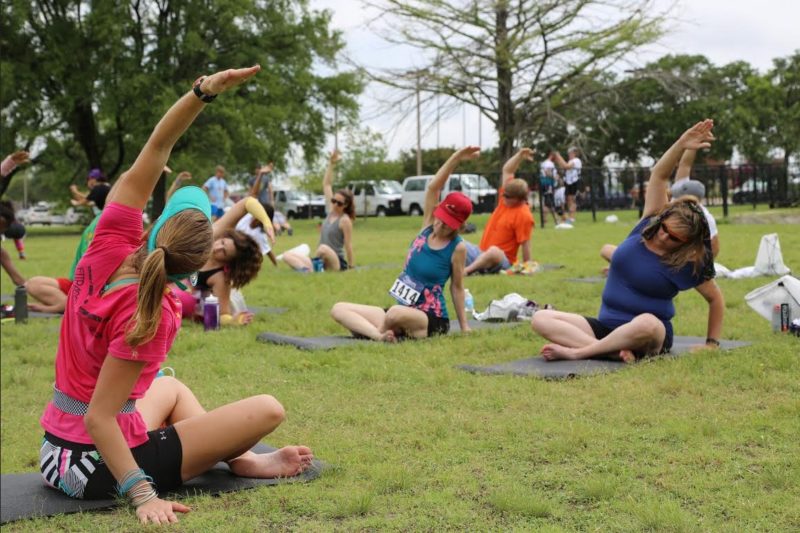
Share On Social!
Do you live in one of the countries healthiest cities?
More and more cities are recognizing the importance building a culture of health for their citizens. Many have added built environment features, such as improved walkways and bike lanes for people to add more activity into their daily lives. Increasing access to green spaces, such as public parks, as well as free exercise programs have also become some of the initiatives undertaken by cities across the country.
Latinos, especially Latino kids, in underserved communities have limited options for physical activity, which is part of the reason they are more likely to be overweight or obese than their peers. Condé Nast Traveler magazine has compiled a list of the country’s healthiest cities which they determined by factors such as residents frequency and propensity to exercise, eating habits, and risks of chronic disease.
In order to reduce health disparities, it is critical to address inequities in programs, practices, and policies. Join our site, connect with others, and get involved.
Boston (18.37% Latino population), with its ample walking and cycling areas as well as the Boston Common, the oldest public park in the country, was determined to be the healthiest city in the U.S. Ranked second was San Francisco (15.26% Latino population), long recognized as one of the most health conscious areas of the country.
Chicago (28.95% Latino population) and New York (28.82%) were also recognized for their efforts to increase the health of their citizens. Rounding out the top five list was our nation’s capital, Washington, D.C. (9.88%).
Read more about the list and their recommendations for healthy activities here.
Read stories similar to this one:
- Early College Programs are closing the Gap for Low-Income Students #SaludAmerica #Education salud.to/2fhxsS4
- Many Latinos live in child care deserts. #SaludAmerica #HealthEquity salud.to/2eGy8RU
By The Numbers
142
Percent
Expected rise in Latino cancer cases in coming years




